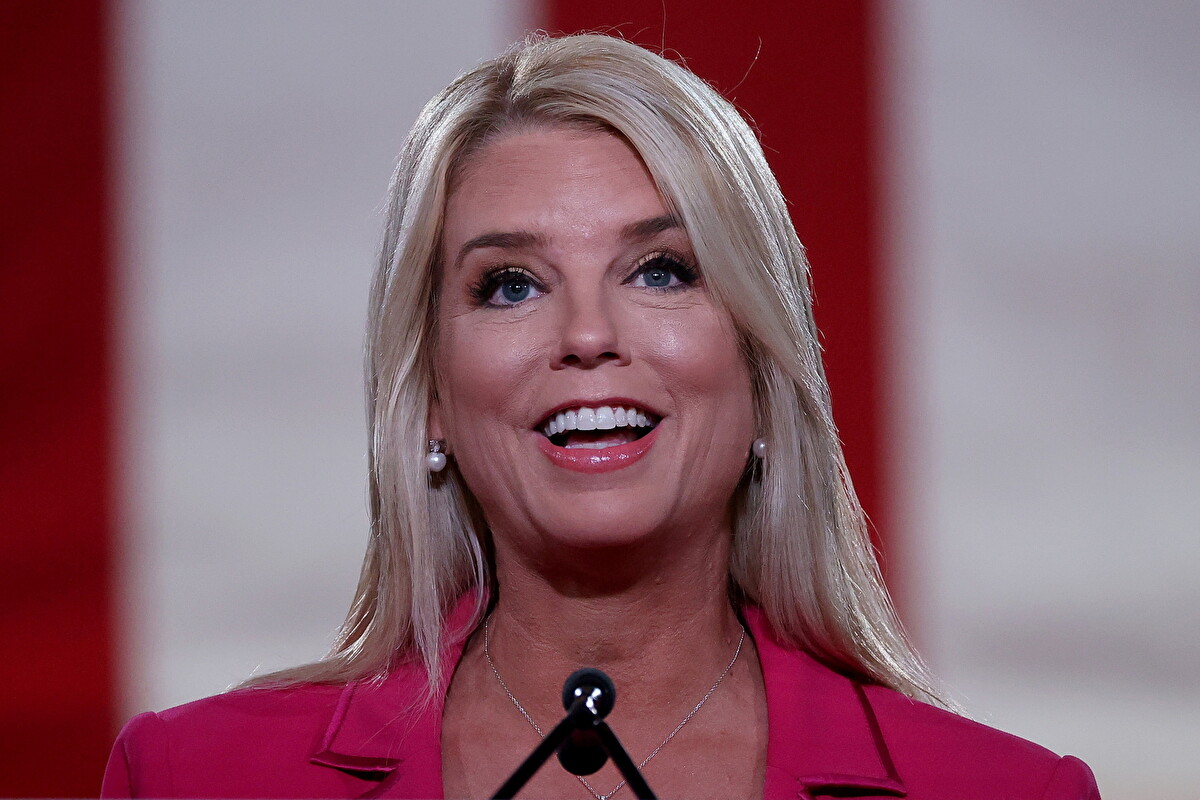Hamas and Fatah, Palestine’s two major factions, have started to coalesce around a plan for the reconstruction of Gaza contingent on a ceasefire, according to The Wall Street Journal.
Palestinian leaders from both sides—historical adversaries—are reportedly considering the creation of a non-partisan committee composed of Palestinian experts with no affiliations to either group. The committee would take on the massive responsibility of overseeing the distribution of aid and the reconstruction of Gaza. The agreement, however fragile, clears a significant hurdle in the ongoing negotiations with the U.S. and Israel, both of which envision a transitional, non-political administration in Gaza until the region is deemed stable enough to hold elections.
“They are now under increasing pressure to find common ground,” said Tariq Kenney-Shawa, a policy expert at the Palestinian Policy Network.
Hamas has shown a willingness to accept a non-political body to handle reconstruction efforts. According to Hamas’s Husam Badran, who is based in Doha, this would be a step toward neutral management of Gaza’s recovery. Similarly, Fatah, which maintains authority in the West Bank, has warmed to the concept of a committee that operates outside partisan lines. A senior official from the Palestinian Authority, aligned with Fatah, expressed optimism that this approach could become reality.
However, while there is tentative agreement between the Palestinian factions, the proposal is fraught with complexities. A long-term ceasefire agreement—still elusive between Hamas and Israel—is a precondition for any reconstruction effort. Even with Palestinian unity, the situation is further complicated by Israel’s stance. The Jewish state remains committed to dismantling Hamas, which it designates as a terrorist organization, and is also resistant to involving the Palestinian Authority in Gaza’s post-war administration.
Egypt, which has played a central role in ceasefire negotiations, first introduced the idea of a technocratic committee in December, with backing from the United Arab Emirates. Both the U.S. and Israel have shown interest in a similar governance model, which would avoid direct control by Hamas or the Palestinian Authority. Prime Minister Netanyahu has made it clear that Israel does not wish to occupy Gaza, instead proposing a framework where local leaders, rather than foreign or terrorist-affiliated powers, would oversee Gaza’s reconstruction.
The Biden administration supports a plan to unify Gaza with the West Bank under the Palestinian Authority’s control, excluding Hamas from any future governance. But this contrasts with the approach advocated by former President Donald Trump, who supported a two-state solution in which Israel would have the right to annex parts of the West Bank and Gaza.
Arab nations have also been involved in trying to mediate peace, but their influence is waning. Qatar, which had provided refuge to Hamas officials, recently asked them to leave after failing to secure a ceasefire agreement.
Discussions about the committee’s structure have taken place in Cairo, where high-ranking officials from Hamas and Fatah met. Both sides agreed that the committee should include up to 15 impartial Palestinian figures tasked solely with overseeing humanitarian aid and reconstruction efforts. Yet, both Hamas and Fatah remain wary of the other taking too much control. There is growing concern that international actors may bypass the Palestinian Authority entirely and deal directly with the committee.
Hamas, which ousted Fatah from Gaza in 2007, has been fundamentally opposed to any substantial role for the Palestinian Authority in Gaza, a sentiment that continues despite the war. Mahmoud Habbash, a top advisor to Palestinian Authority President Mahmoud Abbas, pointed out that the committee’s success will require Hamas to acknowledge its failure to effectively govern Gaza. While both factions are engaging in talks, fears persist that they will be sidelined in the process.
The United Nations reports that more than two-thirds of Gaza’s buildings have been either damaged or destroyed, and the cost of rebuilding the enclave could approach $40 billion. If the proposed committee is to play a leading role in this effort, it will need to overcome not only Palestinian divisions but also external pressures from Israel and the international community.












